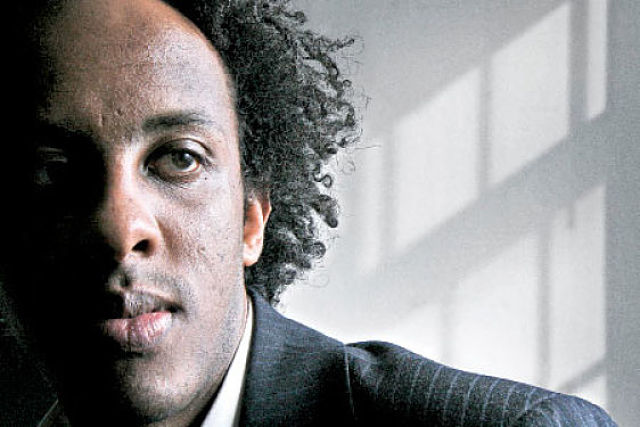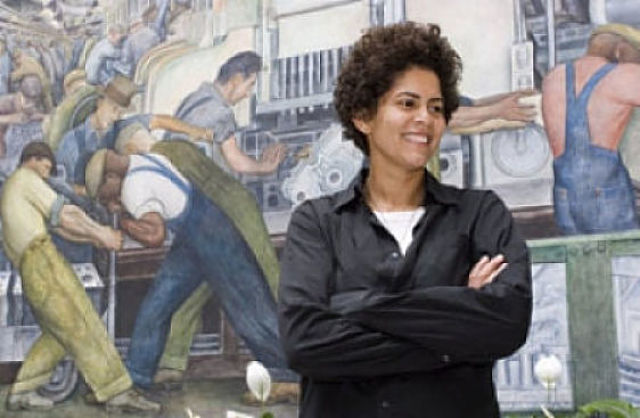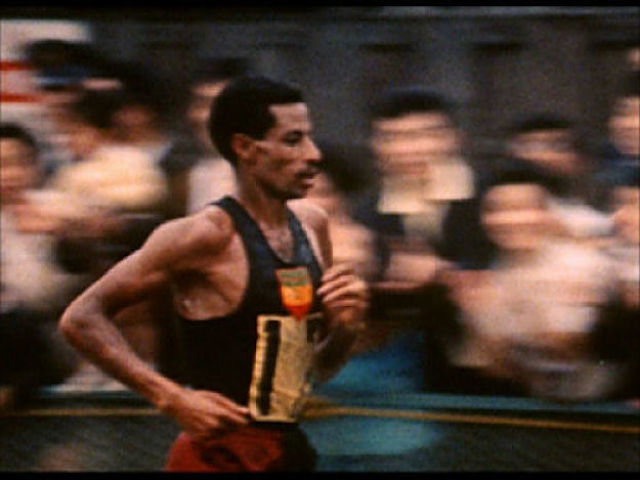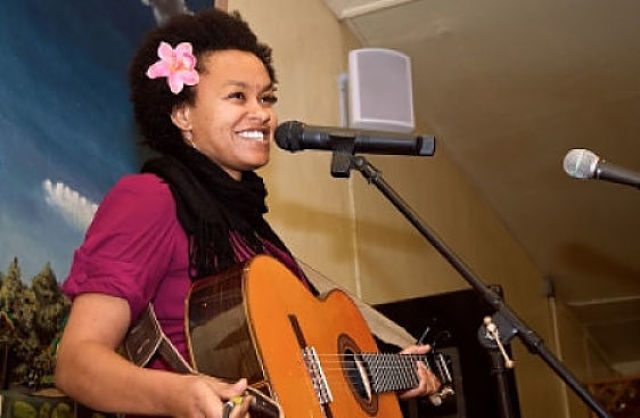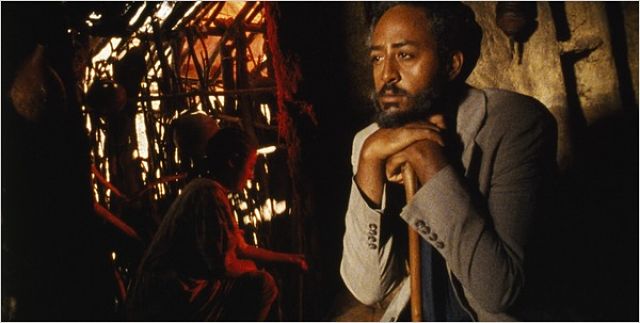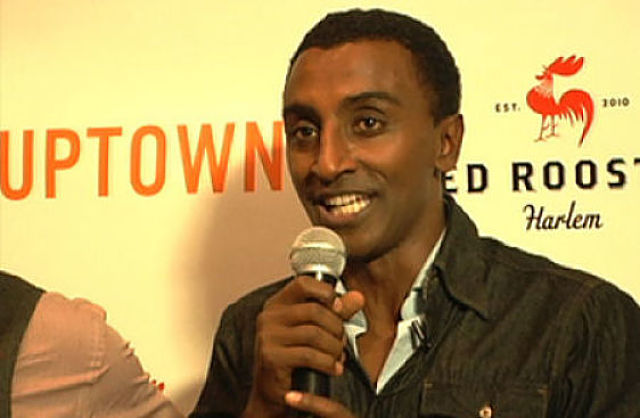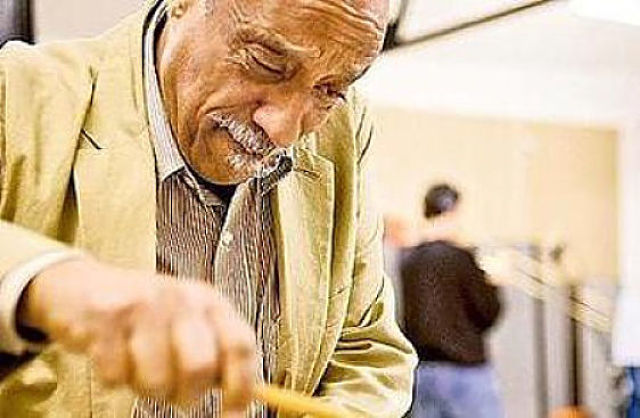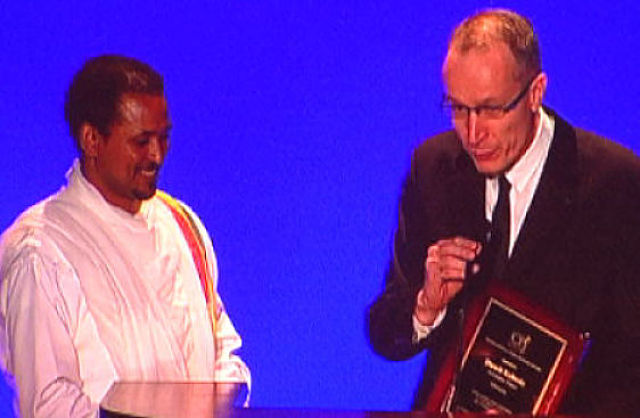Tadias Magazine
By Tadias Staff
Updated: Thursday, September 26th, 2013
New York (TADIAS) – In his upcoming book entitled Uhuru Revisited author Ron Singer features a chapter on Ethiopia highlighting a collection of fascinating interviews with Ethiopian publishers, editors and journalists regarding the ongoing challenges of creating a culture of independence in the Ethiopian press. The book will be released in November by Africa World Press/Red Sea Press.
In an interview with Tadias Magazine, Singer said that two of the other nine chapters in the book focus on the massive corruption culture in Nigeria and the state of media in Kenya. “By many accounts, the country has been backsliding from its past reputation as Africa’s beacon of free media,” Singer says, referring to Kenya. Chaacha Mwita, former managing editor of The Standard, Kenya’s second-largest daily newspaper, shared a first-hand account of the infamous government raid on their offices during the 2007–08 election. In addition, the famous Kenyan whistle-blower, John Githongo, speaks about the growing monopoly of mass communication by politicians and wealthy businessmen, not just in Kenya, but in many countries beyond Africa.
The section on Ethiopia, Singer said, is based primarily on four interviews he conducted for the book during his two-week visit to Addis Ababa in February 2011. The individuals he met were Amare Aregawi, owner and editor of The Reporter; Tamrat G. Giorgis, publisher of Addis Fortune; now imprisoned journalist Eskinder Nega; and exiled journalist Dawit Kebede, editor-in-chief of Awramba Times. During 2009 in the U.S., Singer had already conducted two interviews with Abiye Teklemariam, currently a blogger, and founding editor of the defunct Amharic weekly Addis Neger.
By far Ron Singer’s most engaging conversations in Ethiopia took place at the Jerusalem Hotel, Arbegnoch (‘Patriot’) district, of Addis Ababa, with long-time dissident journalist and blogger Eskinder Nega. Singer noted that his second meeting with Eskinder was recorded from start to end by “a very ordinary-looking man,” who sat near their table in the otherwise empty dining room, aiming his mobile phone in their direction.
As Singer observes, Eskinder’s central argument is that the only way to sustain Ethiopia’s experiment with ethnic federalism is to accelerate the democratic process. “The alternative [to democratization] would be the break-up of Ethiopia,” Eskinder told the author. “All politics are the outcomes of history. Ethiopia has a unique history in Africa, much as, say, the Balkans, in Europe, or Japan or Thailand, in Asia, have had a unique history. The content of our politics is different from everywhere else in Africa. At the core of our politics is the national question. That’s the bone of contention in our politics.”
On February 14th, 2011 Singer received a follow-up email from Eskinder: “Meant to respond earlier but heavily armed riot police picked me up last Friday and took me to their second in command. He accused me of trying to incite an “Egyptian like protest in Ethiopia” and warned me that the government is losing patience with me. “We are tired of imprisoning you,” he told me. “This time it will not be imprisonment.” And I just don’t know if he is bluffing or not. Since then, they have made it a point to be visibly present wherever I am.”
Singer emphasized that private media ownership in Ethiopia is much more complicated than meets the eye. He pointed out that even The Reporter, which proclaims as its motto:“Free Press, Free Speech, Free Spirit,” and which is owned and edited by Amare Aregawi, a former TPLF rebel and a fellow combatant of the late Prime Minister Meles Zenawi, gets in trouble from time to time for pushing the envelope too far. Amare mentioned in the interview that he has been taken to court 414 times.
Returning to Eskinder, Singer said the journalist, whose father was a senior official in the regime of Emperor Haile Selassie, may be liberal when it comes to political issues, but is conservative about economics. “We had a debate about American politics,” Singer recalled. “I told him with horror that I could see he was a Republican.”
As they ended their meeting, Singer joked with Eskinder: “Just in case we’re being photographed, I’ll give you a cold handshake, instead of a hug.”
To which Eskinder replied “Very American. It’s been nice talking to you.”
—
Stay tuned for our review of Ron Singer’s book: Uhuru Revisited.

